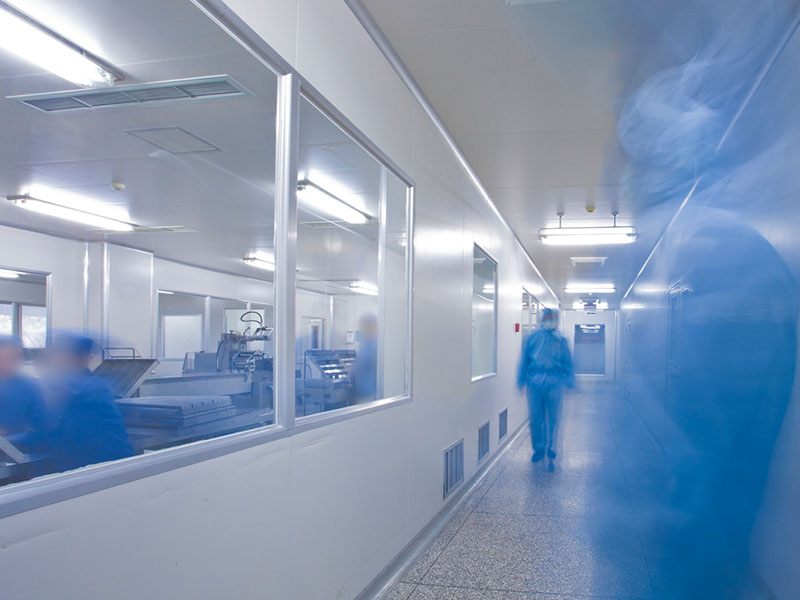
The widespread economic damage inflicted by the Covid-19 outbreak is revealing the significance of social risks to companies, investors and sovereigns, rating agencies say.
In a new report, DBRS Morningstar examined the social impact of the pandemic, noting that the public health response to the outbreak “is imposing an unequal economic and social cost.”
“In this combined health and economic crisis, shortcomings in a country’s healthcare system, in access to unemployment insurance, and in other pillars of the social compact are likely to become much more visible,” said Jason Graffam, vice president of sovereign ratings at DBRS Morningstar.
At the same time, the pandemic “has likely exacerbated preexisting societal grievances,” DBRS said.
In its own report, Moody’s Investors Service noted that the outbreak has highlighted the relevance of environmental, social and governance (ESG) risks to companies and investors as well.
“The coronavirus pandemic has vividly illustrated how a social issue like a public health shock can have severe macroeconomic and credit implications,” wrote Matthew Kuchtyak, analyst at Moody’s.
Investors are recognizing that how adeptly companies manage ESG risks affects how capable they are of weathering these kinds of crises, Kuchtyak noted.
While the Covid-19 outbreak is the current focus, Moody’s said that investor scrutiny will extend to other major global risks, such as climate change and social inequality.
For now, though, the pandemic remains the central ESG challenge.
“Following months of restrictions, there appears to be a growing sense of concern with the unequal social and economic effects of social distancing measures. Tensions have risen and could still intensify, particularly in countries where there are preexisting social disparities or underlying weaknesses in social policies,” DBRS said.
Additionally, it warned that social tensions may intensify if citizens believe that pandemic containment efforts violate their rights.
“How governments react in the face of current or potential social discontent or unrest, due to Covid-19 or other factors, could be an important consideration for future credit rating decisions,” Graffam added.